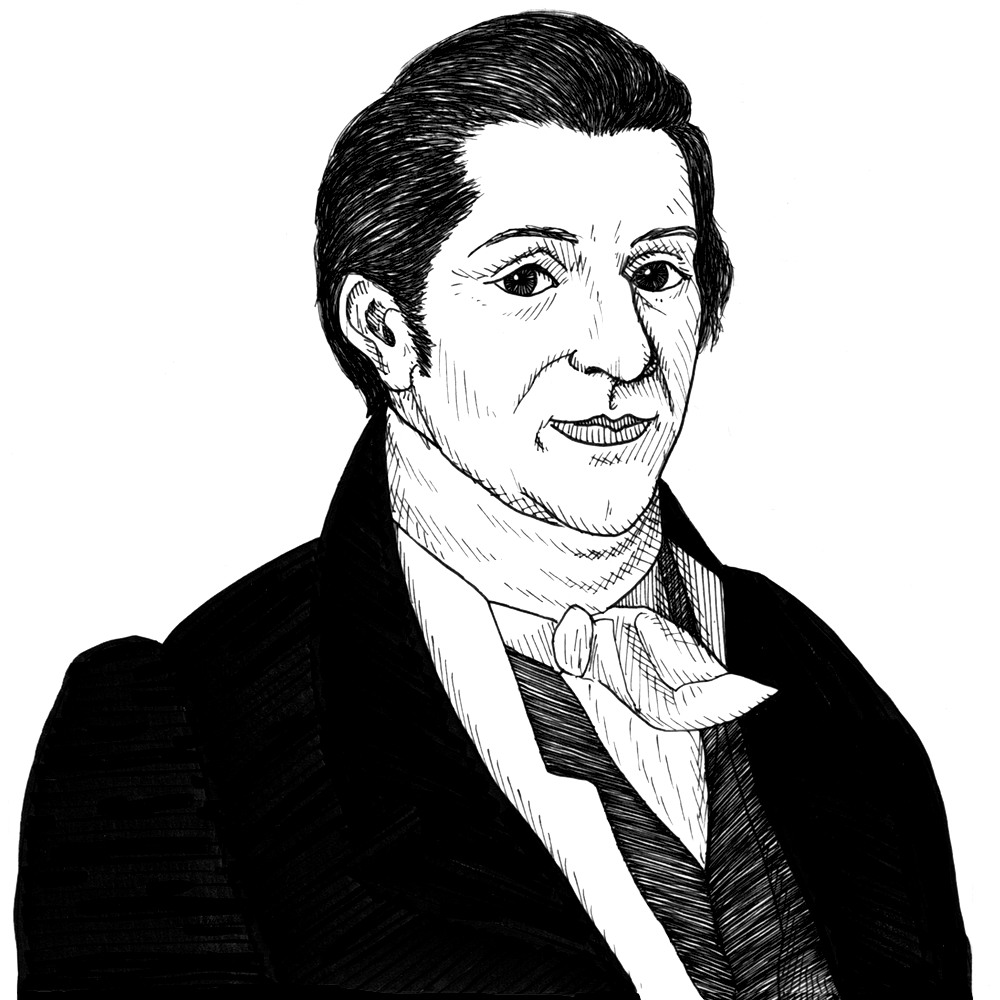
Jean-Baptiste Say regards regulations which favor producers as a form of political privilege at the expence of the community (1803)
Found in: A Treatise on Political Economy
The French industrialist and economist Jean-Baptiste Say (1767-1832) witnessed first hand attempts by manufacturers to get special privileges from the government to limit competition in their favor and at the expence of ordinary consumers:
Free Trade
But personal interest is no longer a safe criterion, if individual interests are not left to counteract and control each other. If one individual, or one class, can call in the aid of authority to ward off the effects of competition, it acquires a privilege to the prejudice and at the cost of the whole community; it can then make sure of profits not altogether due to the productive services rendered, but composed in part of an actual tax upon consumers for its private profit; which tax it commonly shares with the authority that thus unjustly lends its support.